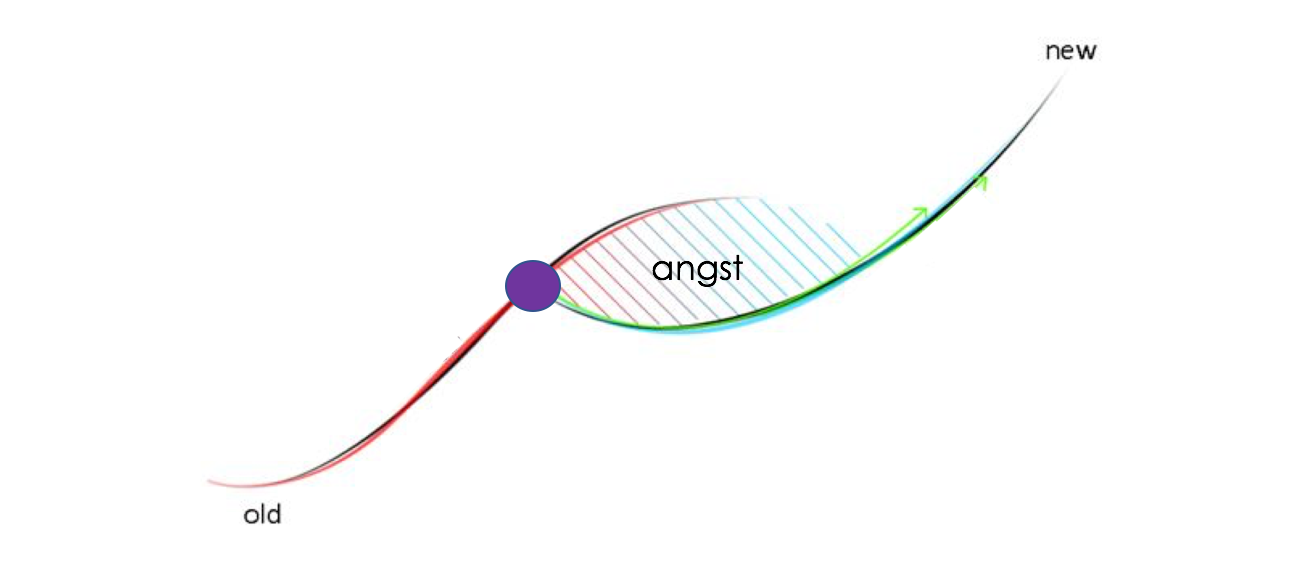Caught between the past and the future
I am an eternal optimist. The perpetual glass half full personality, even when there is just a small drop of water in it. I have no doubts that at some stage into the not-so-distant future, there will have been sufficient years between the 1990s and then, for people to have worked out what it is through which we are currently journeying. With the spread of the world wide web from around 1994, the playing field for education changed fundamentally. No longer was content knowledge something to be created, commercialised and delivered – rather information has been accessible for all via the web. Information has been democratised.
If people do not understand this, just observe the changes in the remote corners of countries like Rwanda – right in the heart of Africa, where mobile phones and Wi-Fi have penetrated deep into the communities - and new generations of learners have realised that they too can access the same information as every other country. Technology, the web and mobile devices are the equalizer that will be the continual game changers.
The problem is that the pervasive global education models, with their examinations and teacher-centred paradigms, are now totally inappropriate for the current generation and those to come. The models were designed to prepare communities for mass participation in factories or perhaps far larger public service departments. Those worlds simply do not exist as they once did.
I am greatly encouraged that the OECD is already looking beyond the world of current PISA testing to 2030 and what may be relevant then:
Competencies to shape the future:
It is about acting rather than to be acted upon, shaping rather than to be shaped
and choosing rather than to accept choices decided by others.
From http://www.oecd.org/education/school/education-2030.htm
Sometimes I wonder which countries would shine if we were to assess the strength of their educational systems by some means of seeing whether:
· They effectively encouraged their younger generations into social justice responsibilities
· They encouraged people into habits of further and lifelong learning
· They encouraged people to understand their potential purpose in life and how they could contribute to create a better future for all
· They nurtured the capacity for healthy relationships and positive growth in communities
· Their education systems were generating creative thinkers and entrepreneurial capacity (where people are empowered to create their own job, if needed)
Who would come out on top? I don’t really know.
We need to step bravely into the future and invent the new models for learning. We should not leave it to politicians or bureaucrats, who themselves are constrained by short term political cycles and the fear of losing votes or budgetary constraints. But the solutions are not to be found in votes or budgets. The future is to be found in activating the potential of learners worldwide, whatever their age, to be unleashed and empowered in ways not currently even dreamt of. We need to nurture communities where learners can thrive and help shape their futures.
I love being part of the www.ourdream.school team – a group of fearless individuals, who along with many other similar groups of intrepid explorers across the world, are stepping up to lead the change. If we all take our little part in the generating the waves of change, we can all be the change needed!
© Stephen Harris 2018
![Time to [RE]LEARN](https://images.squarespace-cdn.com/content/v1/50f7b8f3e4b02d6a3dff1e61/1585726809188-T0R5DTIY0WTRSB20DISE/0.jpeg)






